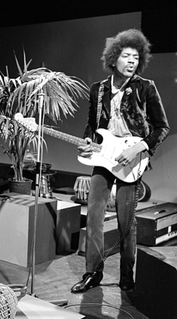A Quote by Nicholas Sparks
I don't write fantasy, I write reality. Also, my novels have roots to Greek tragedies and as such, there has to be tragedy.
Related Quotes
I have been privileged to write across multiple facets of my life: to write romance novels, to write memoir, to write about leadership, and to write tax and social policy articles. The act of writing is integral to who I am. I'm a writer, a politician, a tax attorney, a civic leader, and an entrepreneur. I am proud of what I've accomplished.
If you are going to write, say, fantasy - stop reading fantasy. You've already read too much. Read other things; read westerns, read history, read anything that seems interesting, because if you only read fantasy and then you start to write fantasy, all you're going to do is recycle the same old stuff and move it around a bit.






































